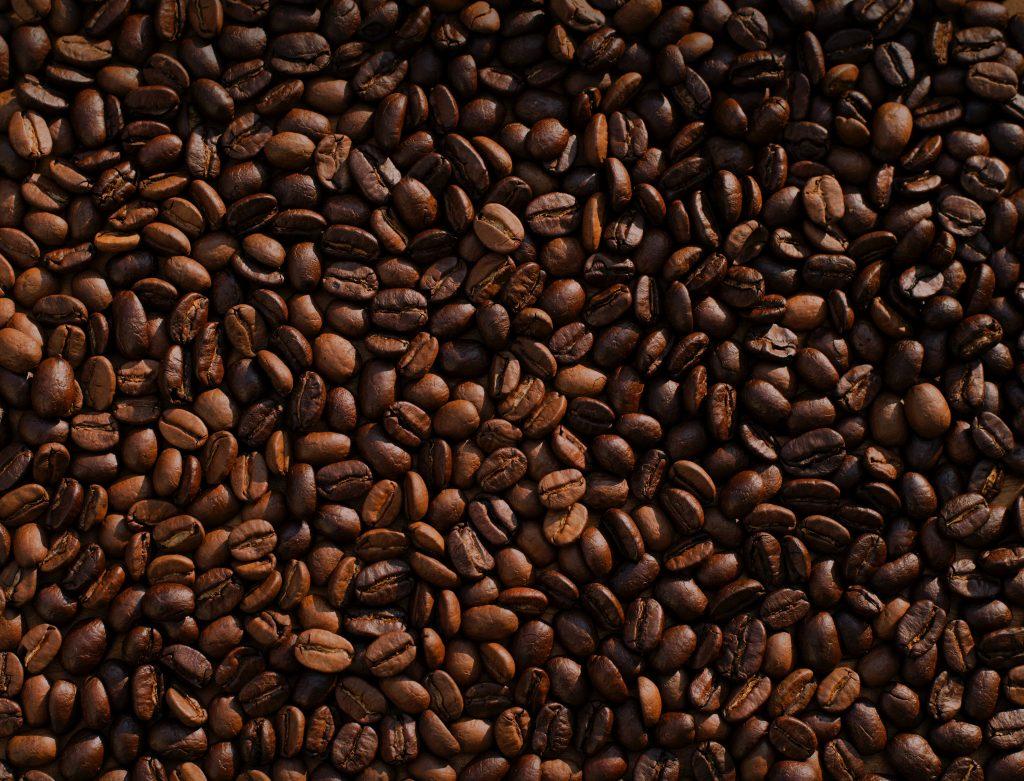These days, it’s tough to not be glued to your phone well into the night. And if you’re looking at an illuminated screen right before bedtime, that can mean poorer quality sleep. But unplugging before bedtime isn’t the only thing stopping us from getting the rest we need and deserve. It turns out there are numerous dietary factors that could be getting in the way of deep, restoring rest.
If you’re lacking in any of the four nutrients listed below, a deficiency could be negatively impacting your sleep. It’s worth noting this isn’t an exhaustive list by any means, but they are some of the most common nutrients people in Western countries come up short in as far as diet.
So turn off the smartphone and make sure you’re getting plenty of the below vitamins and nutrients. Your sleep will thank you!
- Magnesium
Though severe magnesium deficiency is rare, symptoms include agitation and anxiety, restless leg syndrome, and numerous sleep-related disorders. Muscles may feel tense, which can make it difficult to fall asleep or stay asleep over the course of a night.
Many athletes especially may have difficulty resting and feeling recovered if they aren’t getting enough magnesium in their diets. That may be because excessive sweating can contribute to magnesium loss in the human body.
Trying to get more magnesium in your diet? Go where there’s fiber. Leafy greens and vegetables and whole grains tend to be good sources of dietary magnesium. (So eat or drink your vegetables, just like mom said!) Our SPRUCE® Energizing Whole Greens contain 6g of fiber per serving.
It’s also worth noting that refined grains may tend to contain less magnesium.
- Vitamin C
Of all the entries on this list, vitamin C is the one that could probably benefit from more research. There’s been evidence to suggest a surplus of vitamin C too close to bedtime may negatively impact sleep, though there’s also research to indicate a lack of this famous nutrient may contribute to restless and less-restorative sleep.
One potential solution will sound familiar from the first entry in this article: Focus on greens and veggies. While we all know citrus fruits can be great sources of vitamin C, green and leafy vegetables are often underrated when it comes to their vitamin C content.
Vitamin C can also help the human body absorb iron. Because a lack of iron may be linked to some sleep restlessness, this could be one reason why research indicates a lack of vitamin C is connected with poor rest and sleep quality.
- Calcium
While we don’t necessarily recommend a warm glass of milk before bedtime, there may be some scientific reasoning behind the old standby: milk is a good source of calcium, and calcium has been linked to sleep quality in humans.
Calcium plays an important role in the brain’s use of several neurotransmitters, including tryptophan and melatonin.
And it turns out dairy may not be the end all, be all when it comes to dietary calcium intake. Again, look to leafy green vegetables (and in this case, legumes). These plant-based calcium sources also contain nutrients like vitamin K and phosphorous, which can help your body better absorb the calcium you’re eating and/or drinking.
- Potassium
Magnesium and potassium can work in tandem to promote deep, restful sleep. And while many Americans get plenty of sodium in their diet, potassium is the “other salt” that’s still vital to numerous bodily functions. And some research suggests potassium supplementation could improve sleep quality.
Looking to get more potassium in your diet? If you’ve read the above entries, you may be noticing a trend. Focus on green vegetables — like spinach, broccoli, and Romaine lettuce — as fiber and nutrient-rich sources of potassium and other minerals your body needs.









